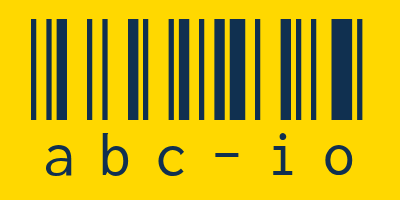- 12% of British VPN users still rely on free VPN services, according to a report from NordVPN
- Instead, general VPN awareness has risen sharply to 80%
- NordVPN warns of the serious potential risks to privacy
Millions of Britons are still shockingly choosing free VPNs over a paid service, according to a recent survey conducted by NordVPN.
The survey, carried out in August, found that a disturbing 12% of British VPN users rely on free services, likely underestimating their associated risks, including data collection or weak encryption integration. It follows TechRadar’s May survey, which revealed that nearly 1 in 4 of our readers continue to rely on free VPNs.
NordVPN‘s data indicates that while UK users’ awareness is growing – even surpassing levels in the US, Canada, and Australia – a steady slice continues to opt for free VPNs, suggesting that basic knowledge alone is not enough to dissuade people from using them.
“People understand security intuitively. However, online threats often feel abstract until one becomes a victim,” said Marijus Briedis, CTO of NordVPN, the best VPN on the market right now according to TechRadar’s reviewers.
Briedis believes the choice of free VPNs might be a matter of economics. “Inexperienced users are looking for quick fixes to immediate problems, such as protecting their data or masking their online activities. But when facing only occasional needs, people gravitate towards the path of least resistance, without necessarily making an informed trade-off.”
A deal with the devil?

So, what exactly are the risks that VPN users might face when choosing a free VPN? In addition to the classic shortcomings – such as limited performance and functionality – some free VPNs often log browsing history, sell bandwidth, or insert tracking codes, effectively turning users into products.
People often assume free VPNs offer the same core protection as premium services, just with some ads, explains Briedis. “The reality is that they often provide inadequate security while actively compromising privacy.”
State actors run some free VPNs from countries with questionable data-collecting practices, the CTO notes. Recent investigations have found that many freebies in official app stores have undisclosed ties with both Russia and China.
“We have also noticed cases of weak encryption protocols that leave users vulnerable on public Wi-Fi, defeating the VPN’s core purpose,” Briedis added.
Exacerbating the problem, app store ratings prioritize speed and ease of use over privacy practices, often misleading users into believing that free VPNs have proven their trustworthiness. “Privacy violations are often invisible to users, as they do not see their data being collected or sold,” said Briedis.
Additionally, data may be shared by multiple third parties – not just the VPN itself – putting privacy and security at risk with a single click. “Data brokers aggregate information from multiple sources to build detailed profiles,” Briedis continues.
Your money or your data?
Are all free VPNs off the table, then? Of course not – the best free VPN services are safe and even recommended for certain use-cases. Software can be free for ideological or community-related reasons, or feed into a larger business model. ProtonVPN, for example, is one of this list. However, these are the exception, not the rule.
For users who opt for free services, we recommend keeping in mind that managing a large-scale consumer VPN service requires significant investments in infrastructure, bandwidth costs, and ongoing security maintenance.
Because of that, if you see ‘free and unlimited’ in app stores, economics dictates that revenue must come from somewhere, typically from data monetization, bandwidth reselling, or aggressive upselling, notes Briedis.
He recommends that users ask themselves the following questions before making a final decision: Who owns this service? How are the servers paid for? Are their claims of not logging verified by independent bodies?
If these answers are not clear, you can bet your bottom dollar that your data will be the price to pay. And ironically, ‘free’ might well turn out to be the most expensive purchase you never knew you made.











Add Comment